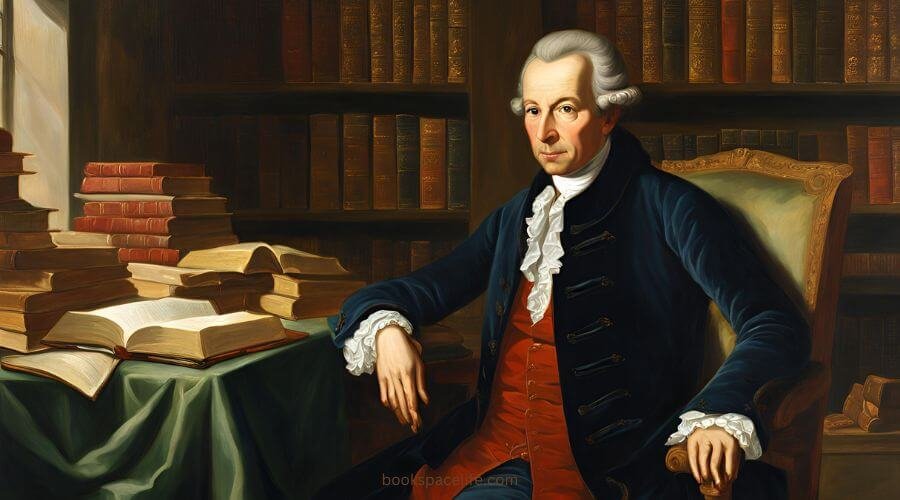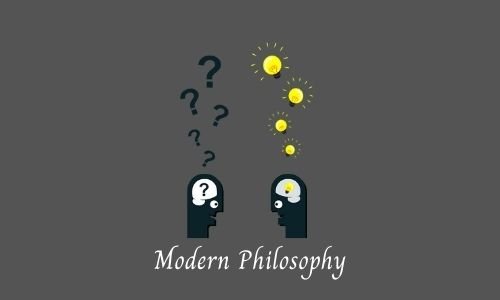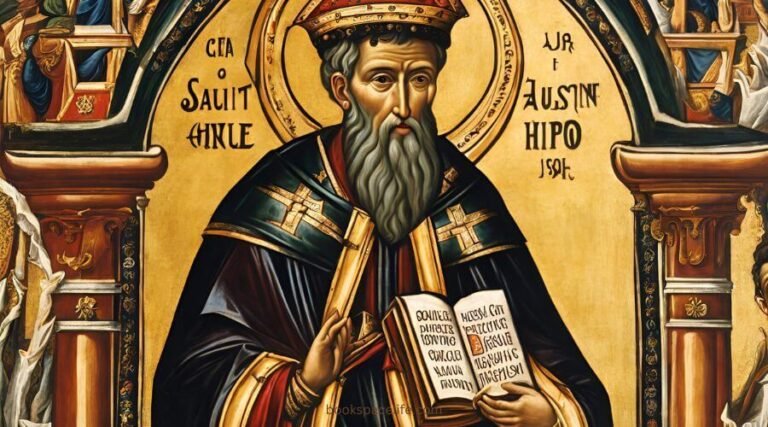Immanuel Kant
Table of Contents
Immanuel Kant : The Architect of Modern Philosophy
Immanuel Kant (1724–1804 CE) is one of the most influential figures in the history of philosophy.
His groundbreaking work reshaped the landscape of philosophy, bridging the gap between the empiricism of thinkers like John Locke and the rationalism of René Descartes.
Kant’s ideas on metaphysics, epistemology, ethics, and aesthetics continue to influence contemporary philosophy, and his work laid the foundation for later developments in a wide range of fields, from philosophy of mind to political theory and cognitive science.
Born in Königsberg, Prussia (now Kaliningrad, Russia), Kant lived his entire life in this small city, yet his intellectual legacy spans the globe.
Known for his methodical and systematic approach to philosophy, Kant’s theories provided new answers to longstanding philosophical questions about how we know the world, what we can know, and how we should act.

(1) Early Life and Education
Immanuel Kant was born on April 22, 1724, in Königsberg, a city in East Prussia. He was the fourth of nine children in a modest but pious family.
His father, Johann Georg Kant, was a harness maker, and his mother, Anna Regina Reuter, came from a family with strong intellectual and religious traditions.
Kant’s early education was shaped by the strict moral and religious environment of his home, and he showed early signs of brilliance.
Kant attended the Collegium Fridericianum, a prestigious school in Königsberg, where he studied languages, literature, and theology.
His early education was marked by a strong emphasis on classical education, with a focus on logic and philosophy. At the age of 16, Kant entered the University of Königsberg (today’s Kaliningrad State University) in 1740, where he initially pursued studies in mathematics, physics, and philosophy.
His university years were instrumental in shaping his intellectual development, and it was during this time that he was exposed to the works of prominent philosophers like René Descartes, John Locke, and David Hume.
Kant’s studies at Königsberg were interrupted by financial difficulties, and he had to leave the university temporarily.
However, he returned to complete his education in 1755. During this period, Kant was deeply influenced by the rise of the Enlightenment, a philosophical movement that advocated for reason, science, and progress.
His early intellectual interests were focused on natural science, especially the works of Isaac Newton, whose laws of motion and universal gravitation had a profound impact on Kant’s understanding of the natural world.
(2) The Birth of Kant’s Critical Philosophy
Kant’s early academic career was largely devoted to teaching and writing on a wide range of topics, including natural science, metaphysics, and ethics.
He published several works on physics and astronomy, but it was his work in philosophy that would ultimately secure his place in history.
By the 1760s, Kant began developing his distinctive philosophical system, which would eventually culminate in his monumental work, Critique of Pure Reason (1781).
At the heart of Kant’s philosophy was a question that had troubled philosophers for centuries: How is it possible for us to have knowledge of the world?
Kant’s approach to this question was deeply influenced by the debates between two major philosophical schools of thought: empiricism, which emphasized knowledge derived from sensory experience, and rationalism, which emphasized the role of reason in gaining knowledge.
Kant sought to resolve this debate by developing a new approach that he called “transcendental idealism.”
His central claim was that our knowledge of the world is shaped not only by the external objects we perceive but also by the structures of our own minds.
In other words, while we can never know things as they are in themselves (the “noumena”), we can know things as they appear to us (the “phenomena”), and our minds actively shape our experience of the world.
In Critique of Pure Reason, Kant argued that all human knowledge is structured by a set of a priori categories or concepts that are inherent in the human mind.
These categories—such as space, time, and causality—are not derived from experience but are necessary conditions for any experience to be possible at all.
Thus, while our sensory experiences give us information about the world, the way we interpret and make sense of those experiences is shaped by these mental categories.
This insight revolutionized philosophy by suggesting that we are not passive recipients of knowledge but active participants in the construction of our understanding of reality.
Kant’s Ethical Philosophy
While Critique of Pure Reason focused on epistemology and metaphysics, Kant’s later works turned to ethics and the philosophy of morality. His ethical theory is perhaps best known for its emphasis on duty and the categorical imperative, a principle that he introduced in Groundwork of the Metaphysics of Morals (1785).
Kant’s moral philosophy is grounded in the idea of human autonomy and rationality. He argued that moral actions are not determined by the consequences they produce (as in utilitarianism) or by the emotions or inclinations they arise from (as in sentimentality).
Instead, moral actions are those that are performed in accordance with a universal moral law, which can be discovered through reason.
This law is encapsulated in the categorical imperative, which states that individuals should act only according to maxims that they would want to be universalized—that is, actions should be taken in such a way that they could be adopted by everyone without contradiction.
For Kant, moral actions are not just those that conform to social norms or personal desires, but those that are done out of a sense of duty to the moral law.
His insistence on the autonomy of the moral agent—each person must act according to their own rational will, independent of external influences—makes Kant’s ethics one of the most influential systems in the history of philosophy.
(3) Kant’s Influence and Impact
Kant’s philosophy revolutionized the way that subsequent generations of philosophers approached questions of knowledge, morality, and metaphysics.
His critical philosophy, which challenged both rationalism and empiricism, became the foundation of German idealism and influenced thinkers like Johann Fichte, Friedrich Schelling, and Georg Wilhelm Friedrich Hegel.
His insights also laid the groundwork for later developments in existentialism, phenomenology, and analytic philosophy.
One of the most significant ways Kant influenced later philosophers was by shaping the course of modern epistemology.
His work on the nature of knowledge and the mind’s role in constructing experience had a profound impact on figures like Wilhelm Dilthey, Edmund Husserl, and Martin Heidegger.
His emphasis on the limits of human knowledge—the idea that we can never know things as they are in themselves—also paved the way for the philosophy of pragmatism, particularly in the work of William James and John Dewey.
In ethics, Kant’s emphasis on universal moral principles and his rejection of moral relativism set the stage for later ethical theories, particularly in the areas of human rights and justice.
His work influenced major figures in moral philosophy, such as John Rawls and Jürgen Habermas, as well as political theorists who grappled with the concepts of liberty, equality, and justice in modern societies.
Kant’s influence extended beyond philosophy into the fields of psychology, political theory, and even the natural sciences.
His work on the limits of human knowledge and the relationship between experience and reality helped shape later developments in cognitive science, as well as theories of perception and consciousness.
(4) The Later Years and Legacy
Kant remained in Königsberg for the entirety of his life, and his routine was marked by a deep commitment to his work and a life of intellectual rigor.
He was known for his punctuality and his methodical approach to life, and his lectures on philosophy attracted students from all over Europe.
Despite his significance as a philosopher, Kant led a relatively solitary and uneventful personal life, and he never married.
Kant passed away on February 12, 1804, at the age of 79. While he had enjoyed considerable recognition during his lifetime, his work would become even more influential after his death.
His philosophy remains a cornerstone of contemporary thought, and his contributions continue to be a vital part of philosophical study today.
(5) Conclusion
Immanuel Kant’s philosophical contributions are immense, and his ideas continue to shape contemporary discussions in a variety of fields.
His revolutionary theories on knowledge, ethics, and metaphysics paved the way for modern philosophy and offered new ways of thinking about the relationship between the mind, the world, and morality.
Kant’s work remains an essential reference point for philosophers, ethicists, and theorists across disciplines, and his intellectual legacy endures as one of the cornerstones of Western philosophy.







